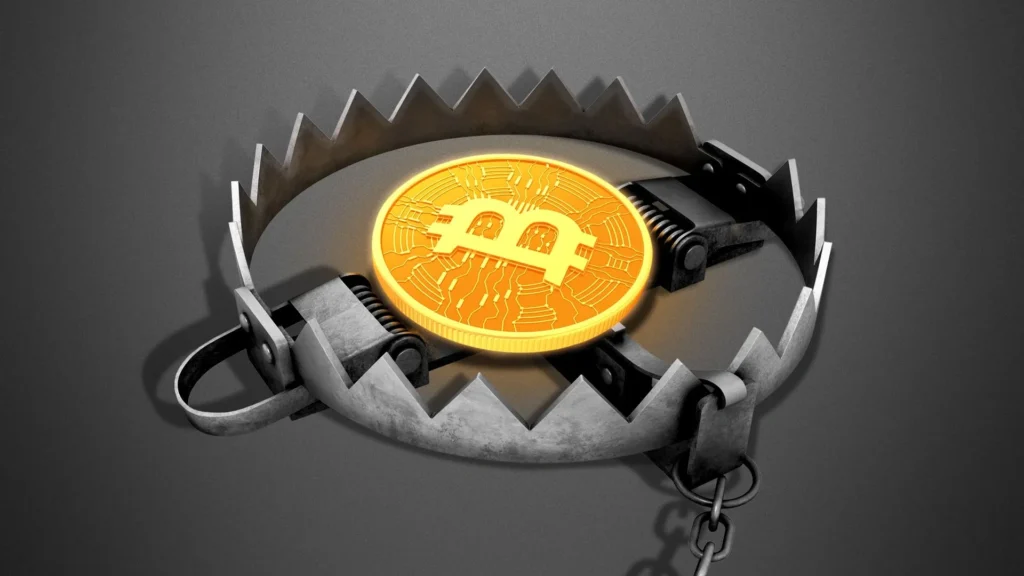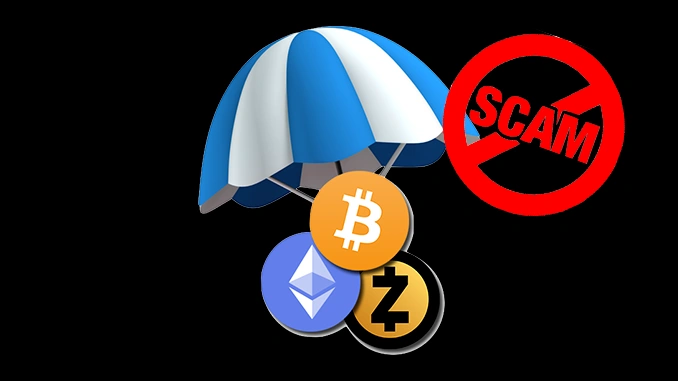Let’s be honest—crypto is thrilling, confusing, and sometimes downright wild. Nowhere is this more clear than in Nigeria, where the crypto boom is booming fast, but so are the common crypto traps. From Lagos to Abuja, investors have lost millions to scams that go beyond just price volatility. These traps aren’t rookie mistakes only; even experienced traders have been burned. So, if you’re investing in Nigeria—or anywhere really—it’s worth knowing the kinds of crypto traps that catch people off guard.
Common Crypto Traps in Nigeria: The Fake Celebrity Endorsement Saga
Nigeria’s crypto scene is ripe for fake celebrity endorsements. Take the recent wave of fake tweets and social posts claiming Nigerian celebrities or even global icons like Elon Musk were backing new coins.
These scams thrive on trust and hype. In 2023, a Lagos-based trader shared how he almost bought a token promoted on a hacked account claiming to have Elon Musk’s approval. Luckily, a quick check saved him. Lesson? Always verify official sources. If a deal feels rushed or too good, take a breath.

Rug Pulls: How Nigerian Investors Got Burned by Hot Projects
Rug pulls have devastated many Nigerian investors. One case involved a DeFi project launched by anonymous developers claiming massive returns. The project gained rapid traction in local crypto communities on Telegram and WhatsApp.
But within weeks, the devs vanished, liquidity dried up, and investors lost everything. This is classic rug pull territory — a trap where shiny websites and slick whitepapers mask disappearing funds. Nigerian investors have since learned to look for transparent teams and audit reports before diving in.

Ponzi Schemes: The “Guaranteed” Passive Income Trap
Ponzi schemes disguised as passive income platforms have snared countless Nigerians. A popular “staking” scheme promised 15% daily returns, attracting thousands. It worked for a while—paying early investors from new sign-ups—but collapsed suddenly, leaving many unable to withdraw funds.
This case is a textbook example of why “guaranteed” profits in crypto often spell trouble. If the returns sound crazy, they probably are.

Phishing Scams and Fake Support Contacts
Phishing isn’t flashy but it’s deadly. Nigerian investors often report receiving convincing Telegram messages posing as wallet support. One victim shared how a “support agent” asked for wallet verification and drained his funds. Real support teams don’t DM first or ask for private keys. Always double-check URLs and never share sensitive info.

Impersonation Tokens: A Growing Nigerian Problem
In Nigeria, confusion over impersonation tokens is widespread. Tokens that look and feel like Bitcoin, with similar logos and ticker symbols, lure investors into buying worthless coins. One Abuja trader admitted he bought a token that mimicked Bitcoin’s branding, only to realize he’d been duped days later. The fix? Always confirm the exact token contract address before making a transaction.

The Trading Bot Scam That Hit Nigerian Investors
Several Nigerian crypto groups warned members about bots promising “300% guaranteed profits.” Many sent funds, only to find their money—and the bot—disappeared. While some bots help with trading, anything promising guaranteed profits is a red flag. Nigerian traders are learning to be skeptical, which might save them next time.
Fake Wallet Apps and Nigerian Crypto Losses
Fake wallet apps disguised as legitimate ones have cost Nigerians dearly. One common scam involves fake Google Play store listings that clone popular wallets. Users install the app, transfer funds, and then the wallet drains. The takeaway? Download only from official websites or verified app stores.
Airdrop Scams: Nigerian Investors Beware of Common Crypto Traps
Airdrops promising free tokens often lure Nigerian users into connecting wallets to malicious contracts or sharing personal info. A legitimate airdrop will never ask for private keys. Several Nigerian community warnings highlight this ongoing trap—so caution is key.

FOMO-Driven Pump and Dumps in Nigerian Markets: A Key Common Crypto Trap
Nigerian investors chasing sudden 500% price spikes have gotten burned in classic pump-and-dump schemes. Early movers sell at a peak, leaving latecomers with heavy losses. This emotional trap feeds on fear of missing out (FOMO), and it’s one of the most common crypto traps seen in Nigeria’s vibrant but volatile markets.
Unverified Smart Contracts: Nigerian Users’ Risky Gamble
Many Nigerian DeFi users interact with unverified smart contracts without realizing the risks. Malicious contracts can approve unlimited spending or steal tokens silently. Unless you’re sure what a contract does, it’s safer to avoid it.
Final Thoughts: Nigerian Crypto Investors and Common Crypto Traps
Nigeria’s crypto scene is energetic and fast-growing—but it’s also littered with common crypto traps. From fake celebrity endorsements to rug pulls and phishing scams, Nigerian investors face real challenges that highlight the importance of knowledge and caution.
Maybe you’ve heard the stories—millions lost, trust broken, lessons learned. The truth is, crypto means managing your own risk. There’s no customer service hotline to call, no refunds, no do-overs. So, for Nigerian investors and beyond, the best defense against common crypto traps is skepticism, thorough research, and a healthy dose of common sense.
Remember: if it sounds too good to be true in crypto… well, you know the rest.
Relevant news: here






